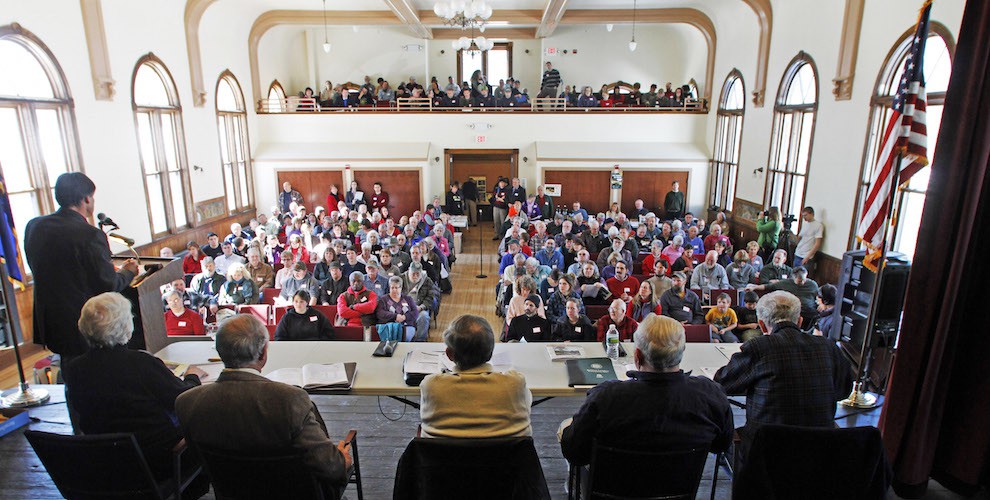There’s been a lot of chatter lately on the potential of new regulations on donor advised funds. Nonprofit Quarterly has run a series of excellent articles advocating reforms by Dean Zerbe, Ray Madoff, and Ruth McCambridge.
The defense of a “hands-off” approach was put forth by five of the leaders of our field: Douglas Kridler, Alicia Philipp, Lorie Slutsky, Steve Seleznow and Max Williams — all of them leaders of large community foundations. They argue against additional regulations on donor advised funds, stating “our real, and hopefully shared, concern is to avoid government overreach, excessive regulation, and bureaucratic waste that could result from such rules”. You can read their article here.
The issues are masterfully summarized by Alan Cantor (who also cites other articles critical of donor advised funds). Cantor makes some excellent recommendations to the field. He also suggests a powerful strategy: “[I]f Congress doesn’t undertake reform of donor-advised funds? Community foundations should take it upon themselves … thereby establishing themselves as institutions that focus on improving the lives and futures of those around them.”
In the research we just posted, we take a different approach. We ask the question, “How can a community foundation more closely align grants from donor advised funds with the critical community needs identified in their unrestricted grantmaking process?” You can read the strategies we uncovered for strengthening this philanthropic partnership here.
